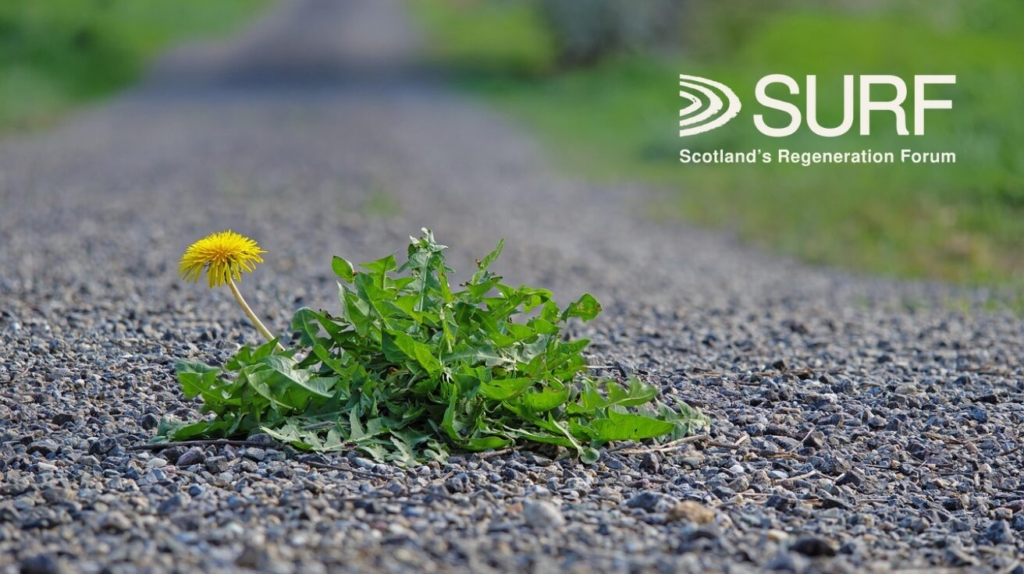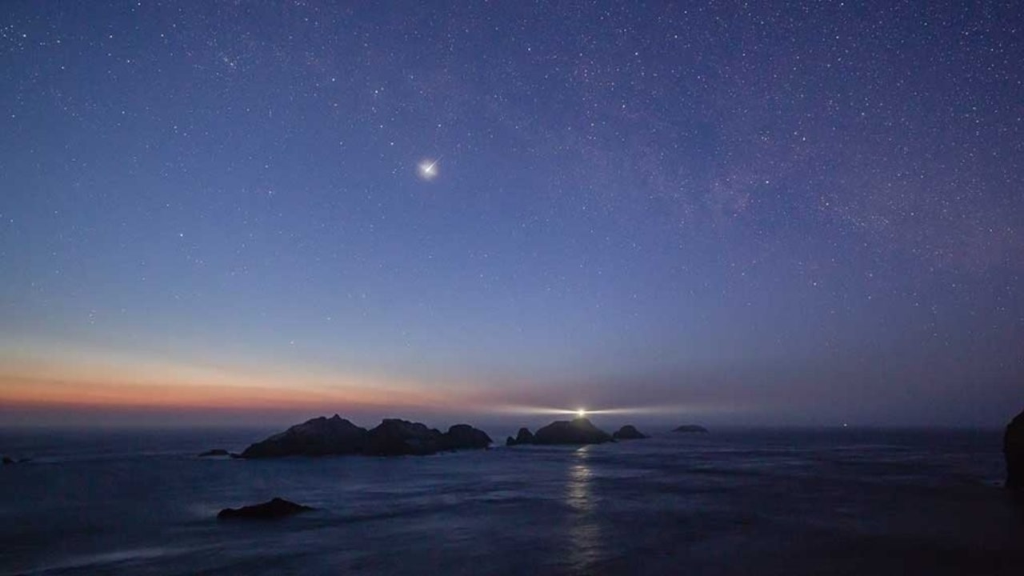Blog
Regeneration, relationships, and resilience: reflections from the SURF Awards

Earlier this month, we attended two SURF Awards Shared Learning events focused on place-based and creative regeneration. These sessions brought together community organisations, policymakers, and creatives to explore what it means to invest in Scotland’s places. We left with a deeper appreciation of the relationships, realities, and resilience that shape regeneration on the ground.
Rethinking Metrics for Community Investment
A recurring question was how we define and measure deprivation – and whether existing tools like the Scottish Index of Multiple Deprivation (SIMD) still serve communities effectively. Participants reflected that while data is essential for allocating limited resources, it can also mask complexity or reinforce damaging narratives. Some residents don’t identify with the label “deprived,” even when their area is categorised that way. This sparked a call for more sensitive, locally informed approaches to understanding need.
Building Trust Through Incremental Projects
Several community-led initiatives highlighted the importance of building trust through consistent, small-scale projects. For instance, transferring ownership of local assets to community organisations can lead to more efficient and cost-effective management. One example discussed was the significant cost difference in maintenance tasks when handled by the community versus the council. These incremental projects not only save money but also empower communities and foster a sense of ownership.
Transparency and Community Engagement
The importance of being honest with communities – especially about the challenges and delays in regeneration – was another common theme. One speaker noted how visibly “unfinished” projects can feel disheartening without context. But when people are brought into the journey, rough edges become part of the story. Local projects also have the power to attract wider support and investment, especially when they’re framed as evidence of what’s possible with the right backing.

Integrating Creativity into Regeneration
The “Creativity in Regeneration” session underscored the role of arts and culture in civic spaces. Discussions centered on how creative initiatives can be integral to community development, not just supplementary. Projects like Wild Skies Shetland and the Beacon Arts Centre’s Creative Minds festival exemplify how arts can drive economic and social regeneration, fostering inclusion and a sense of belonging.
Addressing Climate Challenges in Regeneration
Climate adaptation was also woven through the discussions. A SURF members’ survey found growing concern about the impact of extreme weather – particularly flooding and storm damage – on already disadvantaged places. Unless political will translates into tangible infrastructure and policy shifts, communities may be left dangerously exposed. It’s encouraging to see this concern reflected in the SURF 2026 manifesto, and we hope it catalyses action across sectors.
Looking Ahead
As we continue shaping our own work at Verture, events like these remind us of the power of listening, learning, and linking up. Regeneration is never one-size-fits-all – it’s relational, layered, and long-term. We’re excited to keep connecting creativity with place and to champion community-led approaches that build real resilience from the ground up.
- Find out more about the SURF Awards.
- Explore more about the workshops and winning projects over on the SURF website.
